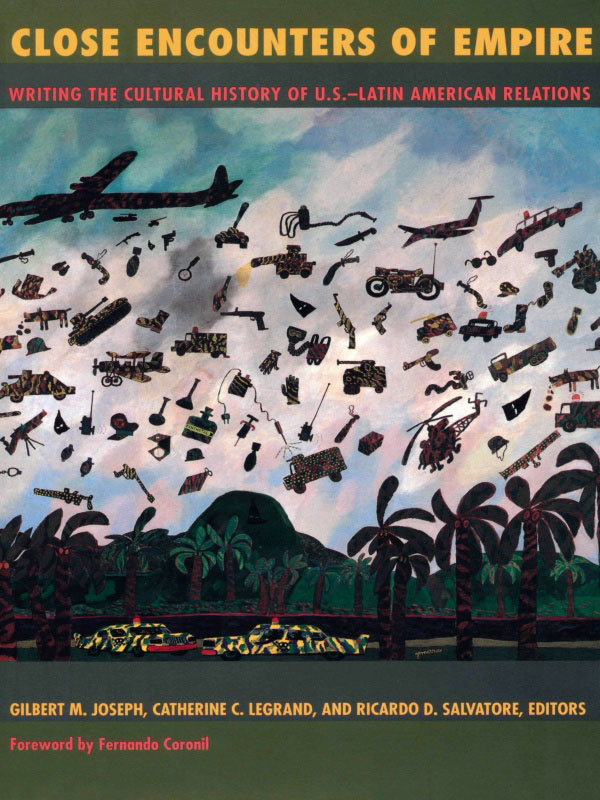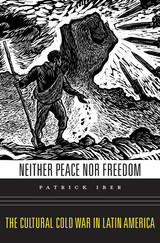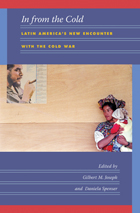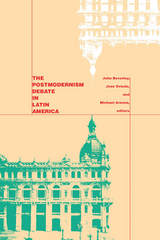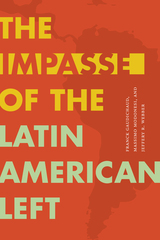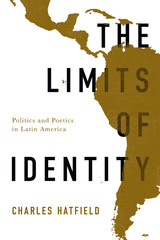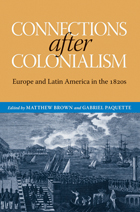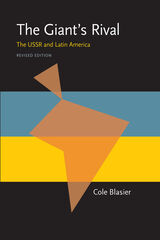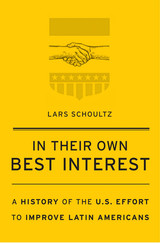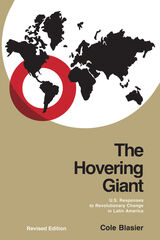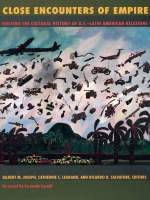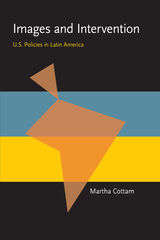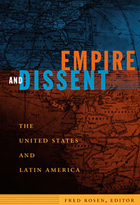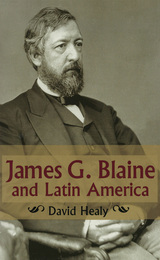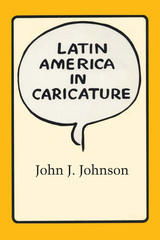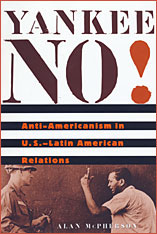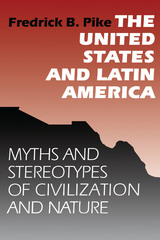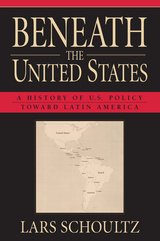“Close Encounters of Empire . . . breaks new ground in how we understand colonialism, power, nation, and historical agency. Rigorously and professionally edited, every chapter is tightly written, clearly argued, and well-researched. - David Sheinin, Canadian Journal of History
“This is an extremely ambitious book and one that does not disappoint. . . . One of Close Encounters of Empire’s central strengths lies in the multiple levels of dialogue established both within and between the fields of history, anthropology, and international relations. . . . [A]n exhilarating and exhausting read. . . . [I]t has much to offer, both theoretically and empirically. . . . [T]his collection signals an evident turn in the historiography and should be a valuable tool at the graduate level.” - Eric Zolov, The Americas
“The studies included in Close Encounters of Empire explain both postcolonial theory approaches and postmodernist interpretations of international relations, at the same time as they explore the possibilities of applying the ‘cultural turn’ to historic relations between the United States and Latin America.” - Lorenzo Delgado, The Journal of American History
“This collection of essays on U.S.-Latin American cultural encounters represents a major advance in the scholarly study of cultural relations. . . . [The] essays make for interesting and stimulating reading in their own right and, as a bonus, raise important issues of conceptualization and methodology. It deserves a wide readership.” - Frank Ninkovich, American Historical Review
“[T]he authors of the essays collected here pose intriguing new research questions for scholars interested in the politics of cultural encounters, greatly enhancing understanding of the complexities of both the local and the foreign in Latin America.” - Kim Clark, American Ethnologist
“Close Encounters of Empire is an ambitious attempt to go beyond the traditional binaries of hegemony/subordination, exploitation/domination, external/internal, U.S./Latin American, and so forth. In their stead, some authors of the essays craft new webs of relationships by rereading traditional sources within the paradigms suggested by new cultural history.” - Daniela Spenser, Hispanic American Historical Review
"Close Encounters is an unusual achievement, especially for a collection of essays. Not only does it offer an innovative, imaginative, insightful interrogation of relations between Latin America and the U.S.A., regarded through the lens of the most contemporary of theoretical discourses—it also delivers on a much more difficult objective: to open up a new, critically nuanced perspective on colonialism and postcoloniality, sui generis. A well-balanced mix of the epistemic and the empirical, of conceptual argument and case study, it demands attention from anyone interested in the Americas, anyone concerned with colonialism, anyone preoccupied with postcolonial politics, economy, and culture—anywhere."—John Comaroff, University of Chicago
“Close Encounters of Empire . . . breaks new ground in how we understand colonialism, power, nation, and historical agency. Rigorously and professionally edited, every chapter is tightly written, clearly argued, and well-researched.
-- David Sheinin Canadian Journal of History
“Close Encounters of Empire is an ambitious attempt to go beyond the traditional binaries of hegemony/subordination, exploitation/domination, external/internal, U.S./Latin American, and so forth. In their stead, some authors of the essays craft new webs of relationships by rereading traditional sources within the paradigms suggested by new cultural history.”
-- Daniela Spenser Hispanic American Historical Review
“[T]he authors of the essays collected here pose intriguing new research questions for scholars interested in the politics of cultural encounters, greatly enhancing understanding of the complexities of both the local and the foreign in Latin America.”
-- Kim Clark American Ethnologist
“The studies included in Close Encounters of Empire explain both postcolonial theory approaches and postmodernist interpretations of international relations, at the same time as they explore the possibilities of applying the ‘cultural turn’ to historic relations between the United States and Latin America.”
-- Lorenzo Delgado Journal of American History
“This collection of essays on U.S.-Latin American cultural encounters represents a major advance in the scholarly study of cultural relations. . . . [The] essays make for interesting and stimulating reading in their own right and, as a bonus, raise important issues of conceptualization and methodology. It deserves a wide readership.”
-- Frank Ninkovich American Historical Review
“This is an extremely ambitious book and one that does not disappoint. . . . One of Close Encounters of Empire’s central strengths lies in the multiple levels of dialogue established both within and between the fields of history, anthropology, and international relations. . . . [A]n exhilarating and exhausting read. . . . [I]t has much to offer, both theoretically and empirically. . . . [T]his collection signals an evident turn in the historiography and should be a valuable tool at the graduate level.”
-- Eric Zolov The Americas
